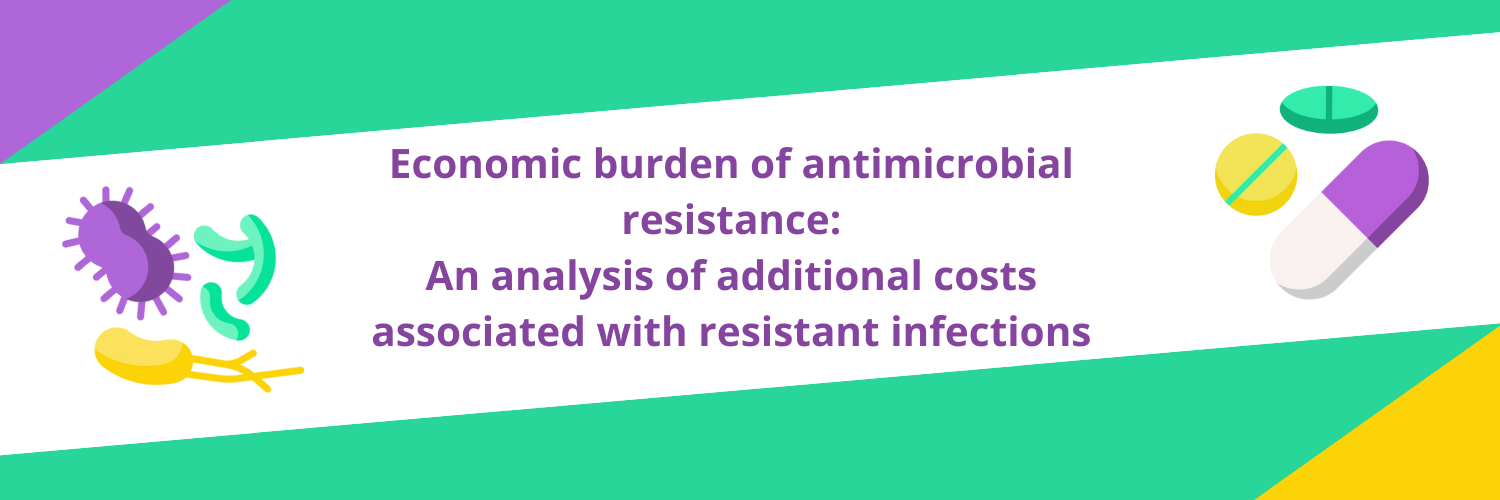Antimicrobial resistance (AMR) occurs when micro-organisms (such as bacteria) adapt over time and no longer respond to antimicrobials. When micro-organisms become resistant to antimicrobials, infections become more difficult and more expensive to treat. AMR presents a significant threat to public health globally, as it is associated with substantial levels of mortality and morbidity. The financial cost of treating resistant infections places a significant burden on society, as patients infected with drug-resistant micro-organisms are more likely to remain in hospital for a longer period of time, to have poorer outcomes and to be unable to work.
The Evidence for Policy Team was established within the Health Technology Assessment (HTA) Directorate of the Health Information and Quality Authority (HIQA) in 2018 following a request from the National Patient Safety Office (NPSO) in the Department of Health. The Evidence for Policy Team is responsible for implementing evidence synthesis programmes to deliver high-quality evidence to support the development of policy by the Department of Health.
This research was part-funded through an extension of the grant agreement by the Health Research Board (HRB) for the HRB-Collaboration in Ireland for Clinical Effectiveness Reviews (HRB-CICER 2016-1871).
The purpose of this study was to estimate the current costs associated with select antimicrobial-resistant bacteria of public health concern in the public acute hospital setting in Ireland. The study was undertaken to inform understanding of the economic costs associated with AMR in Ireland and the development of the second National Action Plan on AMR (2021 – 2025), iNAP 2.
